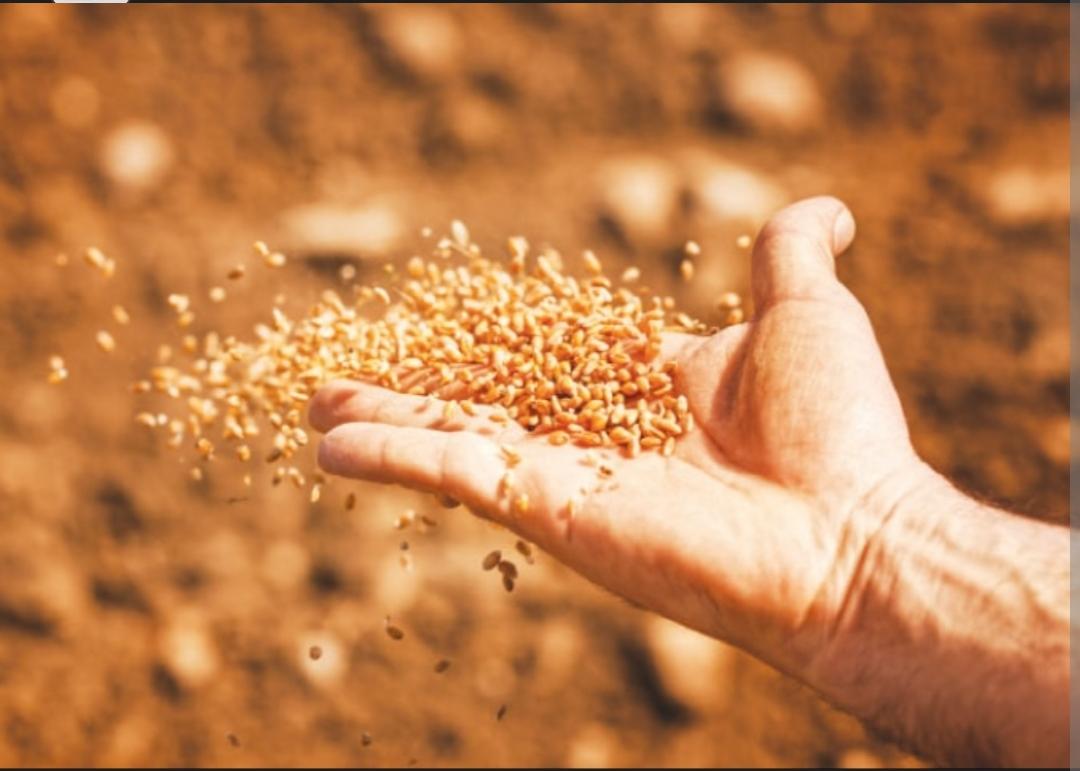India aims to cut spending on food and fertiliser subsidies to 3.7 trillion rupees ($44.6 billion) in the fiscal year from April, down 26% from this, to rein in a fiscal deficit that ballooned during the COVID-19 pandemic. Spending on fertiliser subsidies will likely fall to about Rs 1.4 lakh crore. That compares with nearly Rs 2.3 lakh crore this year.
Buy Prime Test Series for all Banking, SSC, Insurance & other exams
Key Highlights:
- Food and fertiliser subsidies alone account for about one-eighth of India’s total budgetary spending of ₹39.45 trillion this fiscal year, but reducing these subsidies could be politically sensitive given the impending elections.
- The government anticipates allocating roughly 2.3 trillion for food subsidies in the upcoming fiscal year as opposed to 2.7 trillion for the year that has just ended on March 31.
- The amount spent on fertiliser subsidies will probably decrease to roughly 1.4 trillion in contrasts to 2.3 trillion this year.
What is the Reason Behind this Expectation:
- The current fiscal year’s target fiscal deficit for the government is 6.4% of GDP.
- It is far above the average of 4% to 4.5% over the past decade, excluding the pandemic years when spending surged and the ratio peaked at 9.3%.
- In 2023–2024, the administration wants to reduce the ratio by at least half a percentage point.
- In a year with several State elections and general elections in 2024, this will effectively cut in half the free rations provided to the poor.
- The subsidy numbers will be announced on February 1, when Finance Minister presents the 2023/24 budget in Parliament.
What is Fiscal Deficit, A Key Concern:
- Fiscal Deficit is the difference between total revenue and total expenditure of the government.
- The fiscal balance of a country is calculated by its government’s revenue followed by its expenditure in the provided financial year, the situation where the government expenses increase more than the revenue in a year is a fiscal deficit.
- Fiscal deficits increase people’s purchasing power, which stimulates a stagnant economy.
- Long-term deficits, however, may also have a detrimental effect on the stability and growth of the economy.
- Ratings for the nation may also be impacted if the fiscal deficit is large.



 Indian Olympic Medal Winners List Till N...
Indian Olympic Medal Winners List Till N...
 Who is the Inventor of the Gramophone?
Who is the Inventor of the Gramophone?
 HS Dhaliwal Appointed New DGP Of Andaman...
HS Dhaliwal Appointed New DGP Of Andaman...
